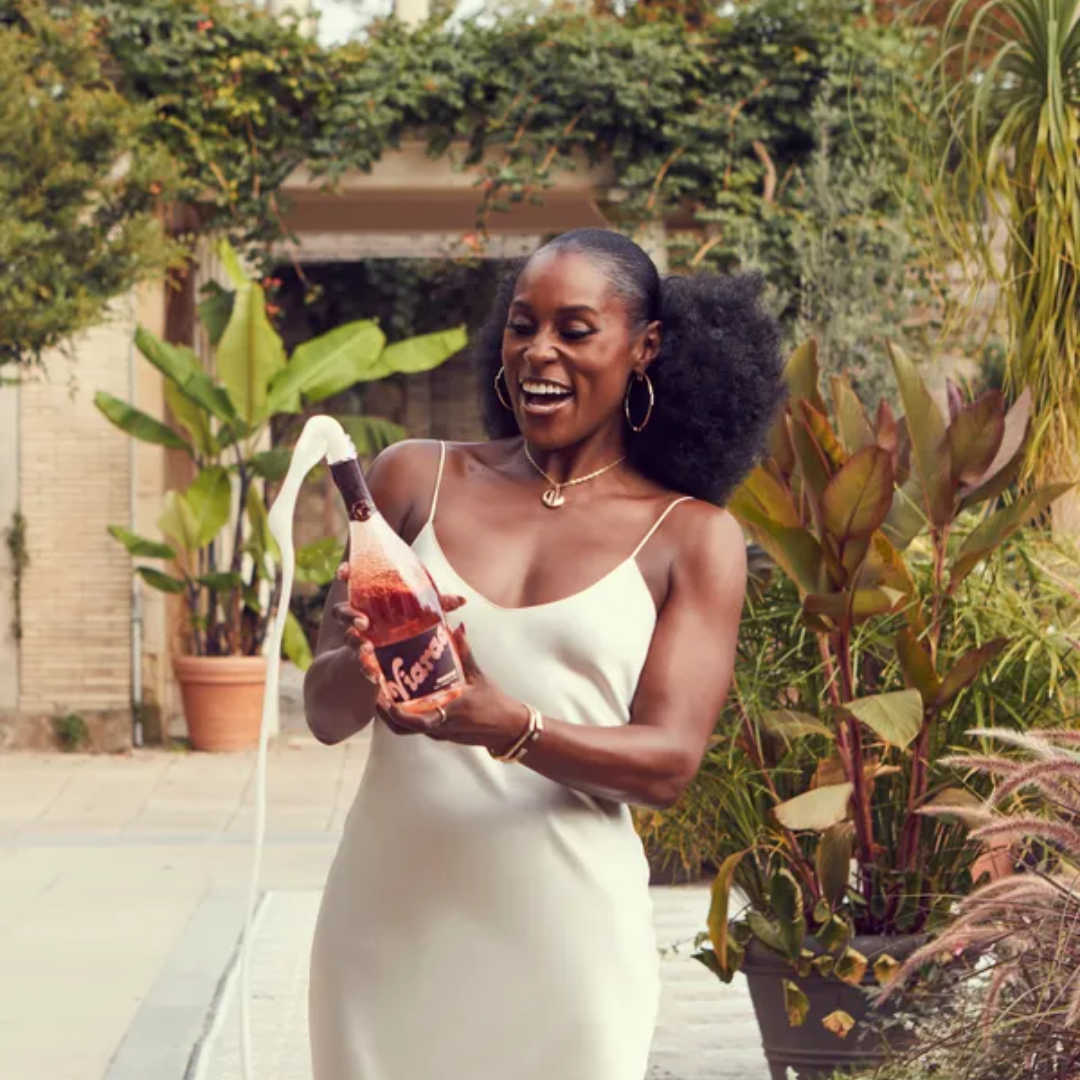
Sip in Style: Discovering the Best Black-Owned Rosé Brands and Their Unique Flavors
Discover the vibrant world of Black-owned Rosé brands that celebrate cultural heritage and diversity in the wine industry.

Overview of Black-Owned Rosé Brands in the Wine Industry
The presence of Black-owned wineries is reshaping the landscape of the wine industry, bringing in a wealth of diversity, unique flavors, and rich cultural heritage. These brands focus on crafting exceptional wines that tell stories, reflect their origins, and celebrate their backgrounds. As the wine industry continues to evolve, the rise of Black-owned Rosé brands marks a significant step towards inclusivity, enhancing the overall experience for wine enthusiasts everywhere.
Celebrities like Issa Rae have also entered the beverage industry, shining a light on Black-owned brands and helping to elevate their visibility. Through initiatives like the National Association of Black Winemakers, efforts are underway to increase representation and support for Black professionals in the wine sector, ensuring that diverse voices are heard and celebrated. Moreover, many Black-owned wineries prioritize sustainable practices, emphasizing environmental responsibility alongside their commitment to quality.
Notable Black-Owned Rosé Brands
Several Black-owned Rosé brands are making waves in the wine market, each offering unique characteristics and flavors. Abbey Creek Vineyard is known for its 2018 Rosé de Pinot, priced at $25, which features a delightful blend of cranberries, sour cherries, citrus, and floral notes. Similarly, the McBride Sisters offer a 2018 California Rosé for $20, celebrating Black culture with fresh stone fruit and citrus flavors, making it a refreshing choice for any occasion.
Another standout is Stoney Wines, founded by Oregon’s first Black female vintner, which features a 2017 Willamette Valley Rosé priced at $18. This wine captures intense tarragon and lemon notes, showcasing the quality that comes from unique regional sourcing. Additionally, Theopolis Vineyards produces a 2014 Rosé of Petite Syrah for $24, known for its deep berry hues and floral aromas, making it perfect for summer sipping. These brands not only offer delightful wines but also contribute to a more inclusive and diverse wine industry.
The Role of Issa Rae in Promoting Black-Owned Wines
Issa Rae has emerged as a powerful advocate for Black-owned wines through her launch of Viarae, a Prosecco brand that emphasizes the celebration of life’s special moments. Her entry into the wine industry serves as a vital example of representation, encouraging consumers to explore and engage with Black-owned brands. Rae’s efforts highlight the importance of visibility and accessibility, particularly in a market where diversity has often been overlooked.
Through social media campaigns, Viarae invites customers to share their experiences using the hashtag #viarae, which fosters a sense of community among consumers. By backing Black-owned businesses, Rae helps to dismantle stereotypes and barriers associated with Black entrepreneurship in the beverage sector, paving the way for greater acceptance and appreciation of diverse wine brands.
Issa Rae champions the concept of self-care, and she suggests that Viarae Prosecco Rosé can play a role in your relaxing routines. Imagine indulging in a bubble bath with a glass of this sparkling wine—pure bliss! The brand embodies everyday luxury, encouraging individuals to infuse special moments into their daily lives, even during a quiet Sunday.
Celebrating personal achievements or milestones with Viarae Prosecco Rosé adds a touch of elegance to otherwise mundane routines. By incorporating this delightful wine into your self-care rituals, you elevate the experience and remind yourself to take time for self-celebration, reflecting Rae’s advocacy for mental wellness.
Unique Characteristics of Black-Owned Rosé Wines
Black-owned Rosé wines are distinguished not only by their flavors but also by the stories they tell and the methods used to produce them. Many of these wines are crafted using traditional and sustainable practices, which enhance their quality and reflect their regional origins. The emphasis on local sourcing of grapes allows these wineries to support regional agriculture and communities, creating a more sustainable wine ecosystem.
These Rosé wines often carry unique flavor profiles that encapsulate cultural influences, setting them apart from conventional options. For instance, some brands utilize distinct fermentation techniques to create memorable tasting experiences, resulting in wines that resonate with both traditional wine lovers and those new to the world of Rosé. This approach not only elevates the quality of the wines but also enriches the overall consumer experience.
Food Pairing Tips for Rosé Wines
Pairing food with Rosé wines can enhance the overall dining experience, and these versatile wines complement a wide range of dishes. They work wonderfully with seafood, light salads, and grilled vegetables, making them ideal for warm-weather gatherings. For example, the 2019 Rosé from Frichette Winery pairs beautifully with ceviche, elevating the fresh flavors of the dish.
Another great pairing is the 2018 Napa Valley Rosé from Darjean Jones, which is perfect alongside ripe strawberries and cheeses, priced at $26. The versatility of Rosé makes it suitable for pairing with spicy dishes as well, so don’t hesitate to reach for a chilled glass at your next summer barbecue. This flexibility allows Rosé wines to shine across diverse culinary settings, enhancing flavors and creating delightful combinations.
Supporting Black-Owned Wine Brands
Supporting Black-owned wine brands is easier than ever, with various avenues available for consumers. One effective way is to purchase from retailers such as Happy Cork, a Black-owned wine store in Brooklyn, NY, dedicated to promoting these brands and providing a platform for underrepresented wines. Engaging in tastings and community events at places like Harlem Wine Gallery can also deepen your appreciation for the diversity in the wine industry.
Another way to show support is by joining wine clubs that feature Black-owned brands, which can enhance your personal wine knowledge while directly contributing to these businesses. Advocating for local restaurants and stores to include Black-owned wines in their offerings is crucial as well, increasing visibility and accessibility for these exceptional brands. Every small effort counts towards building a more inclusive wine culture.
The Importance of Diversity in the Wine Industry
Diversity within the wine industry is essential, not just for representation but also for enriching the overall consumer experience. Supporting Black-owned Rosé brands celebrates cultural diversity and contributes to a more inclusive industry. By encouraging local stores to carry these wines, consumers can help elevate their visibility and accessibility, fostering a sense of community and appreciation for these unique offerings.
The rise of Black-owned wine brands reflects a broader movement towards inclusivity and representation across various sectors, showcasing the richness that diversity brings to the table. As consumers explore these wines, they discover a wider range of flavors and styles, ultimately leading to a more vibrant and flavorful wine experience.










